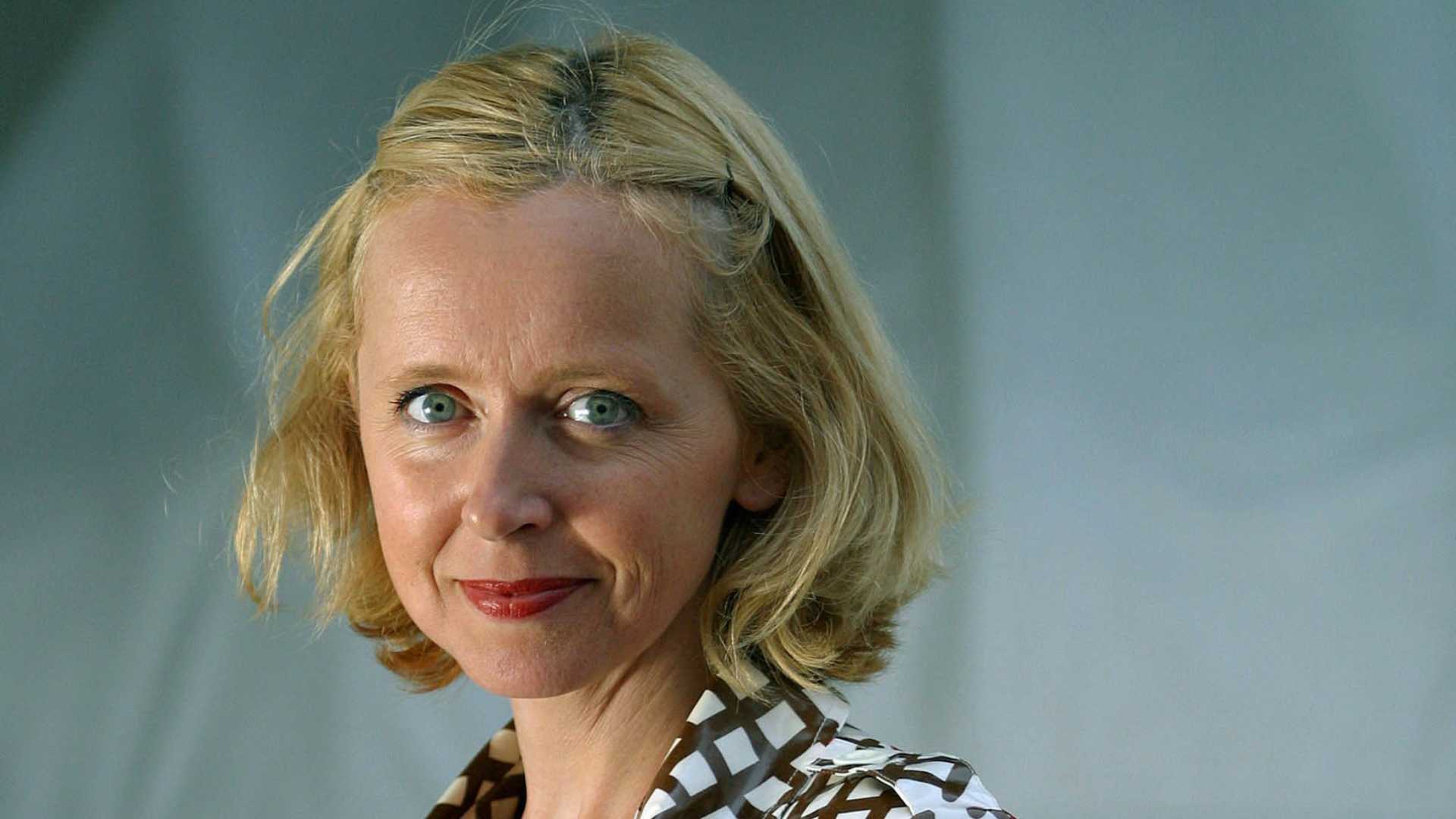Cops banned from New York City Pride until 2025 ‘to acknowledge their harm’ to the community
New York City Pride announced new policies to address the presence of law enforcement at its events (Bryan R. Smith/AFP/Getty)
New York City Pride has banned police from the parade and associated events until 2025 to challenge them to “acknowledge their harm” to the LGBT+ community.
Effective immediately, the New York Police Department will be asked to stay at least one block away from all Pride events, organisers announced on Saturday (15 May).
An increased security budget will allow all aspects of first response and security to be reallocated to community leaders, trained private security and volunteers where possible.
In addition the event will independently build its own first response emergency plan with de-escalation training; NYPD will provide assistance only when “absolutely necessary” as mandated by city officials.
“NYC Pride seeks to create safer spaces for the LGBTQIA+ and BIPOC communities at a time when violence against marginalised groups, specifically BIPOC and trans communities, has continued to escalate,” Pride organisers said in a statement.
“The sense of safety that law enforcement is meant to provide can instead be threatening, and at times dangerous, to those in our community who are most often targeted with excessive force and/or without reason.
“NYC Pride is unwilling to contribute in any way to creating an atmosphere of fear or harm for members of the community. The steps being taken by the organisation challenge law enforcement to acknowledge their harm and to correct course moving forward, in hopes of making an impactful change.”
To that end, LGBT+ police and corrections officers will not be allowed to participate as a group in the annual march, nor will NYPD be permitted speak at its events or use any NYC Pride platform.
NYC Pride announces new policies to address the presence of law enforcement and NYPD at Pride events in New York. The steps being taken challenge law enforcement to acknowledge their harm and to correct course moving forward, in hopes of making an impactful change. pic.twitter.com/DAVtJBtCSR
— New York City Pride (@NYCPride) May 15, 2021
The news that police would be excluded from the celebration angered the Gay Officers Action League, an organisation of LGBT+ police.
Speaking to the New York Times, the group’s president Brian Downey called the decision “shameful” and an “abrupt about-face”.
“Their response to activist pressure is to take the low road by preventing their fellow community members from celebrating their identities and honouring the shared legacy of the Stonewall Riots,” he said.
NYC Pride had previously resisted demands to sever its ties to the police. Calls for change escalated last summer, after the murder of George Floyd by a Minneapolis police officer and the nationwide protests against police brutality that followed.
The new policy follows “many months of conversation and discussion with key stakeholders in the community,” said NYC Pride co-chair André Thomas.
Whether cops belong at Pride is a question regularly raised by LGBT+ activists, who have long maintained that law enforcement are out of place at a march with roots in the 1969 anti-police riot outside the Stonewall Inn.
It reflects the continuing issue of over-policing faced by the LGBT+ community, with a recent report finding that queer people are six times more likely than straight people to be stopped and profiled by police.
Queer people are also seven times more likely to be stopped by police outside of their vehicle, and more likely to report officers behaving inappropriately while interacting with them.
“A lot of the community just kind of made it obvious that we needed to take a different stance regarding these issues,” Thomas said.






